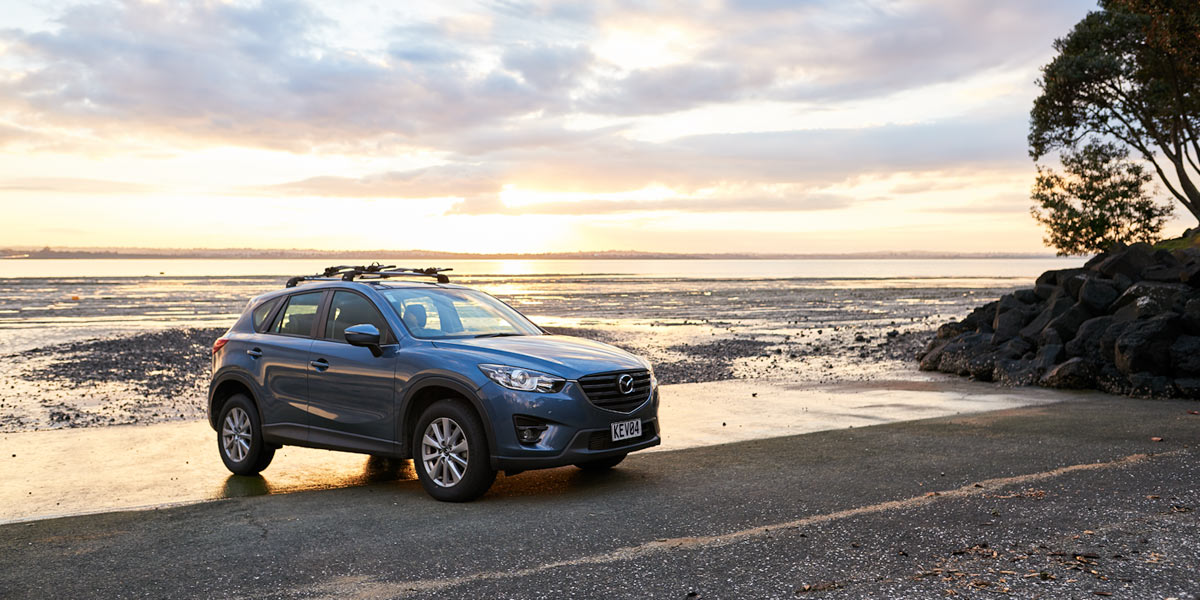Buying guide
What if there’s money owing on the car?
Car owners must disclose whether there’s any security interest hanging over the car.

Do your homework or pay the price
Vehicle Information Reports
The legal situation
Steps for paying directly to a finance company
What to do if the car you're buying has finance on it?
Author
Other articles you might like




